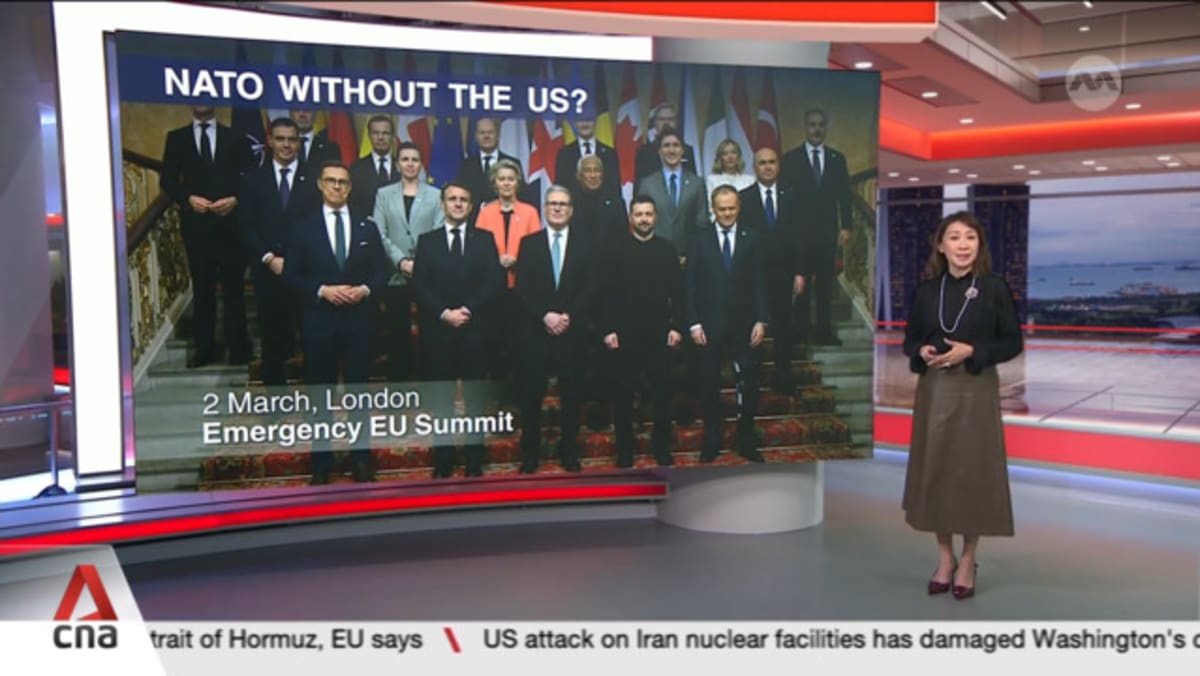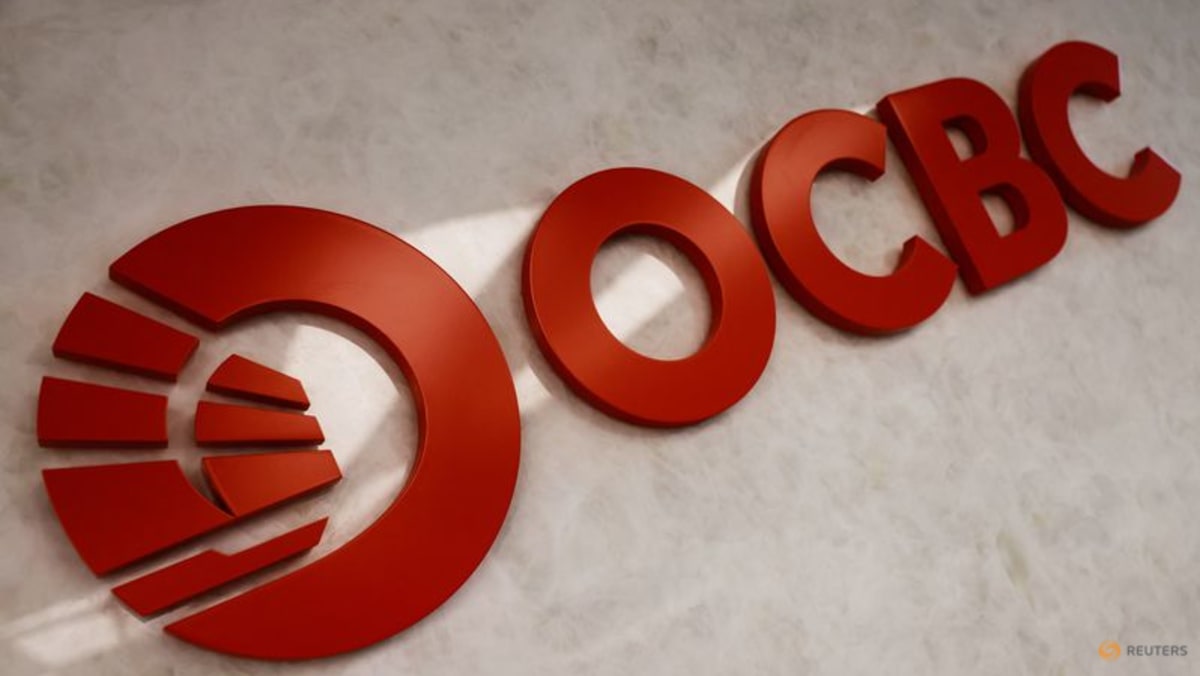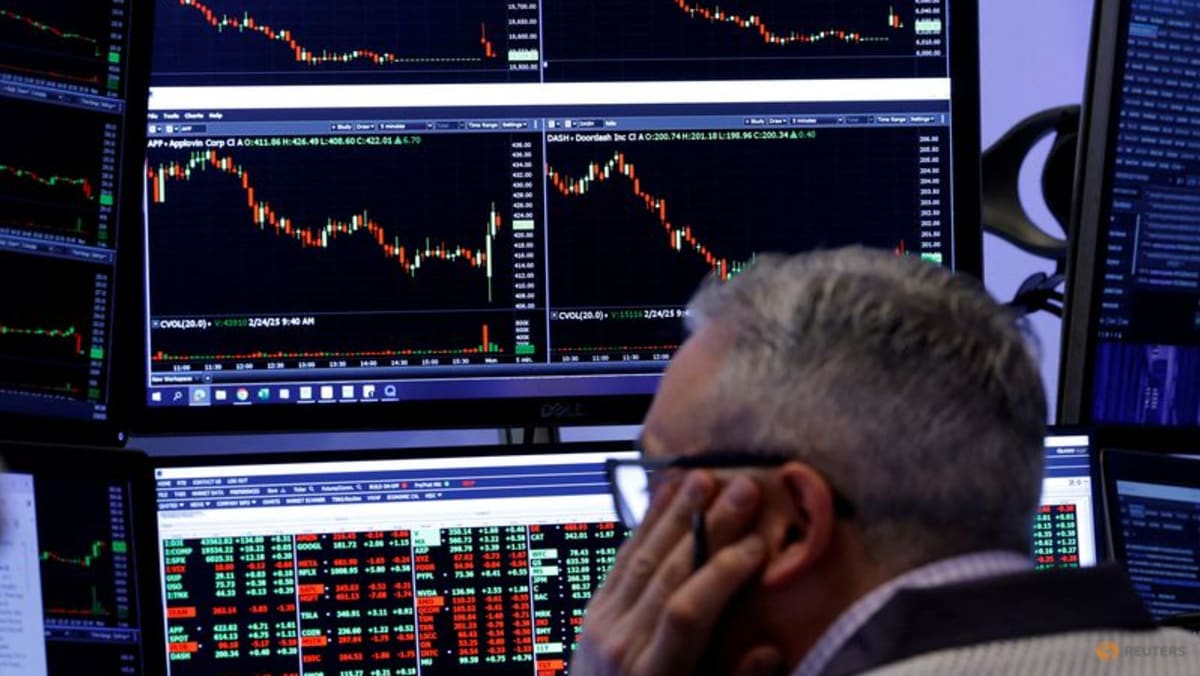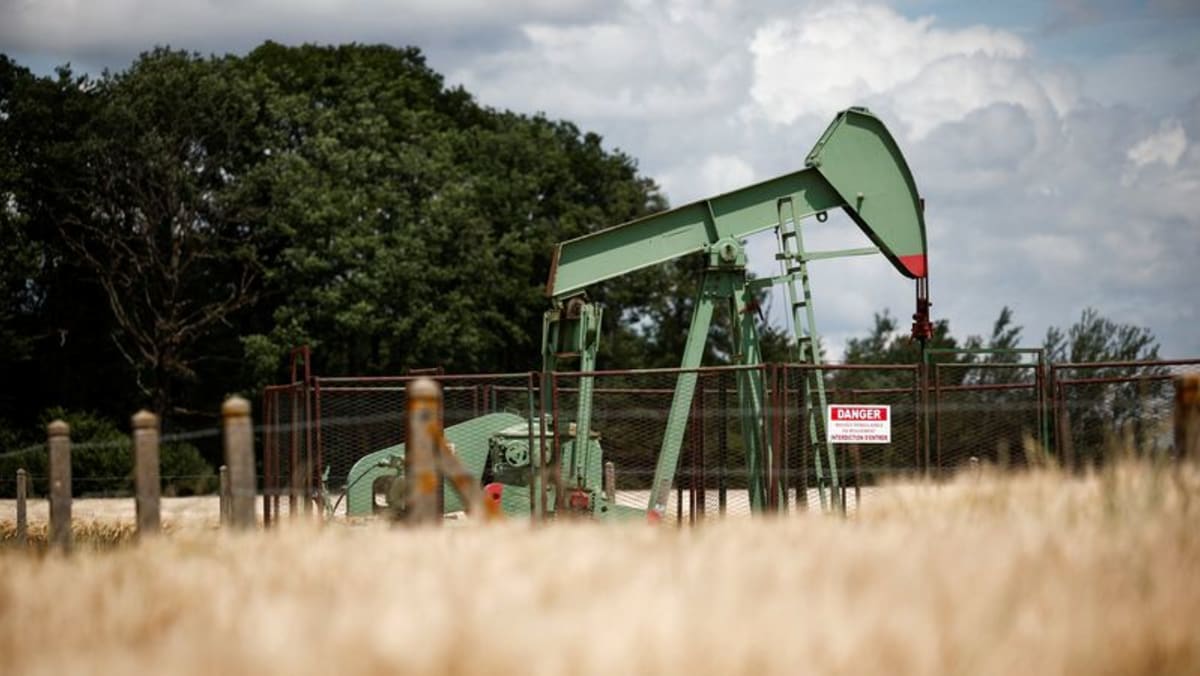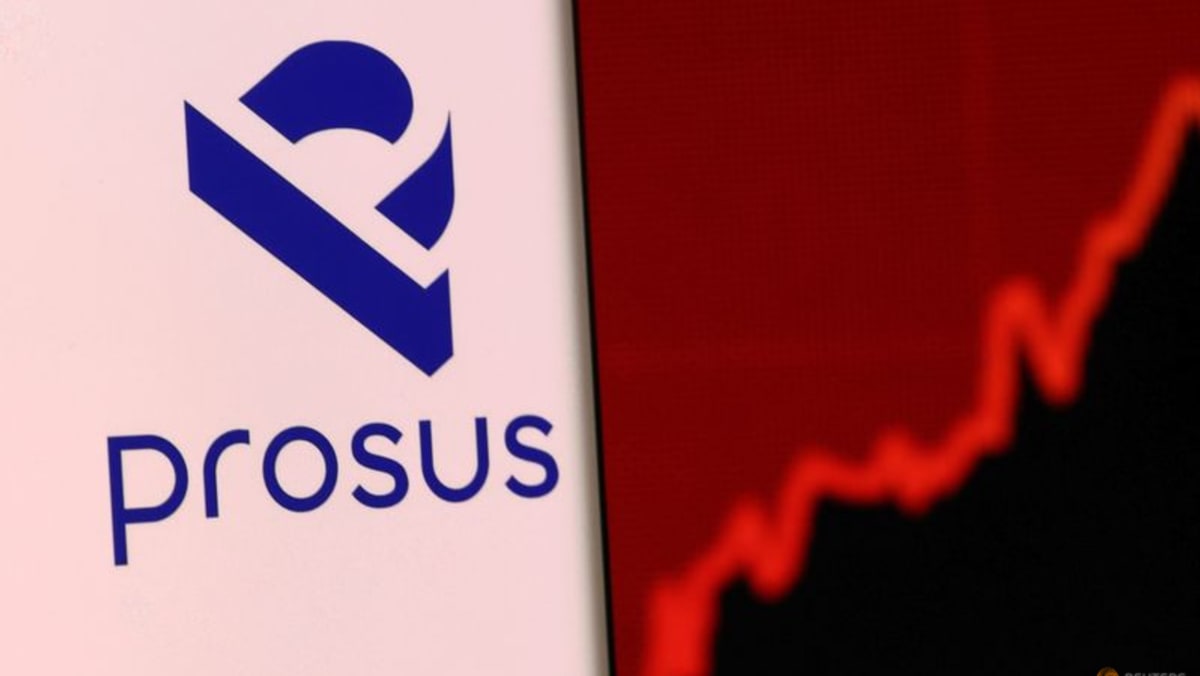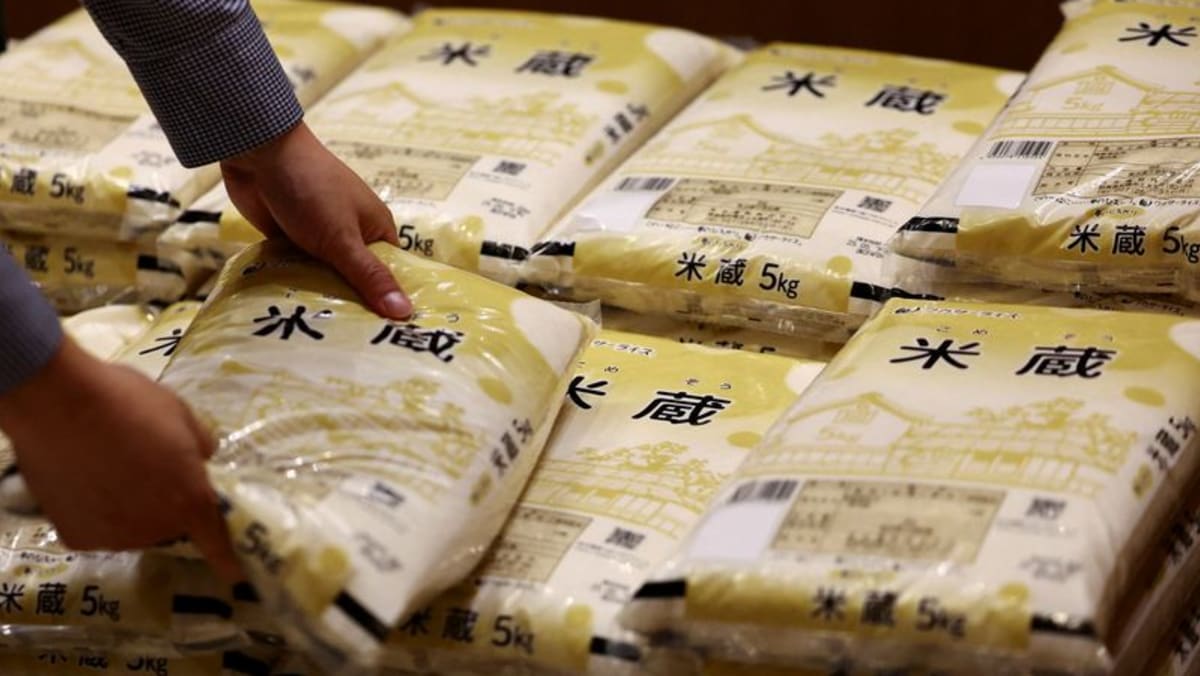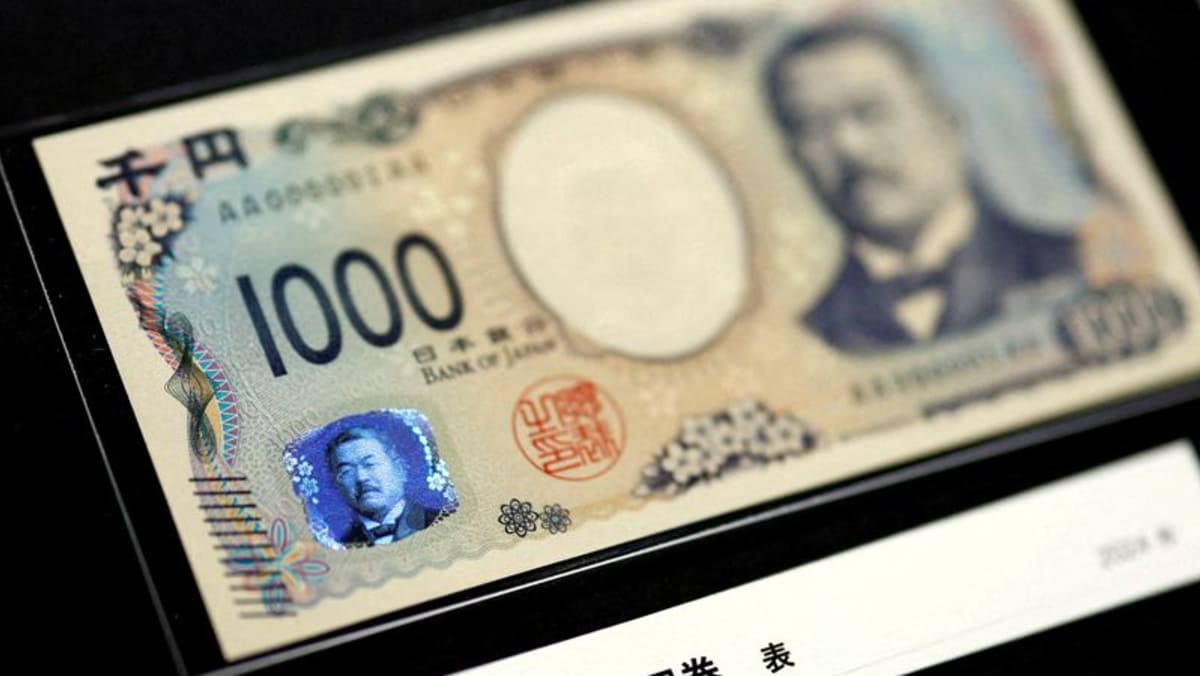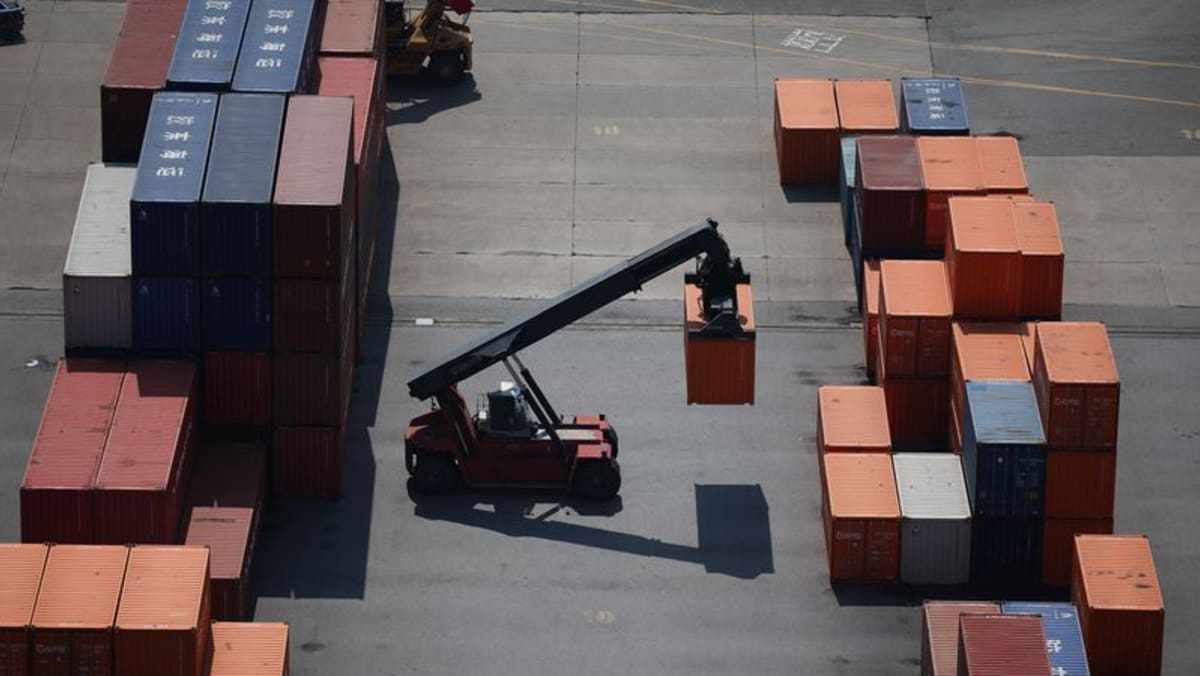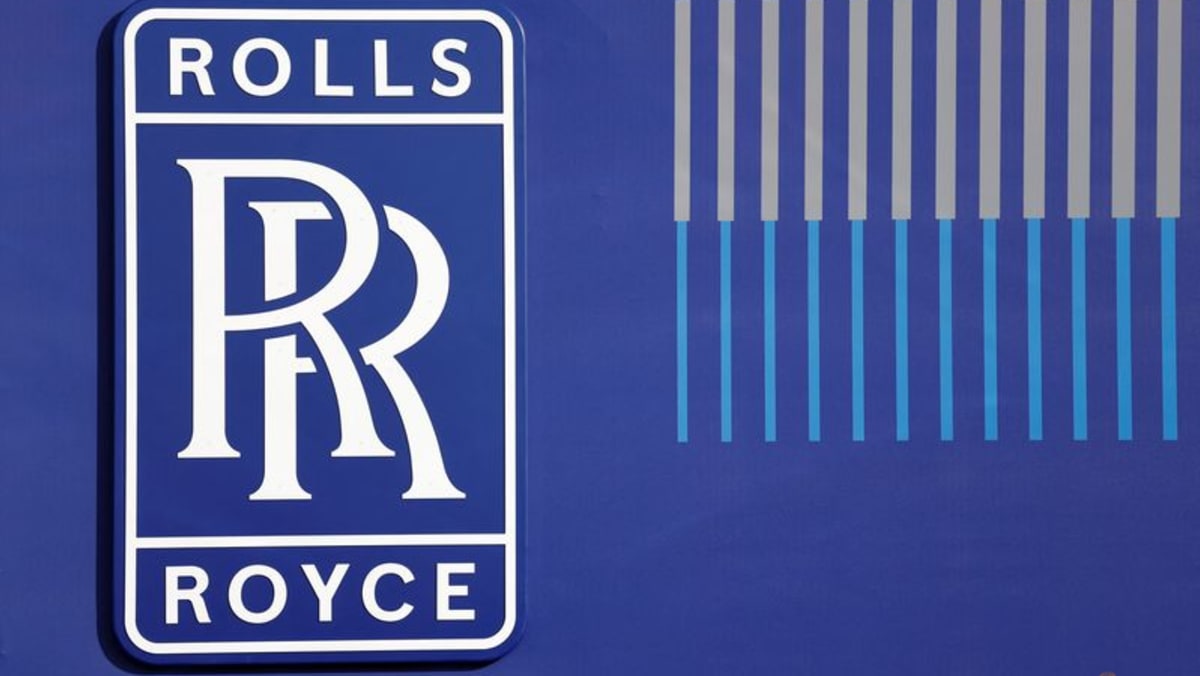NEW YORK/LONDON :Global equity markets fell and safe-haven gold hit a fresh record high on Monday after U.S. President Donald Trump said tariffs would essentially cover all countries, stoking worries a global trade war could lead to a recession.
Trump’s comments to reporters on Air Force One seemed to dash hopes the levies would be limited to a smaller group of countries with the biggest trade imbalances.
Trump is due to receive tariff recommendations on Tuesday and announce initial levels on Wednesday, followed by auto tariffs the day after.
On Wall Street, benchmark S&P 500 and the Dow reversed losses in early trade and finished higher with gains in consumer staples, financials, materials and energy stocks. The Nasdaq ended down. All three indexes notched both quarterly and monthly losses.
“What the Trump administration has shown us so far is that you should not expect a consistent approach,” said George Lagarias, chief economist at Forvis Mazars.
“This is what scares the market the most. Inconsistency breeds uncertainty, and markets hate uncertainty.”
The Dow Jones Industrial Average rose 1.00 per cent to 42,001.76, the S&P 500 rose 0.55 per cent to 5,611.85 and the Nasdaq Composite fell 0.14 per cent to 17,299.29.
Europe’s STOXX 600 fell 1.51 per cent to its lowest in almost eight weeks, while major indexes in Frankfurt, London and Paris fell between 1.7 per cent and 2 per cent. MSCI’s broadest index of Asia-Pacific shares outside Japan shed 1.9 per cent.
Analysts at Goldman Sachs now see a 35 per cent chance of a U.S. recession, up from 20 per cent previously, saying they expect Trump to announce tariffs that average 15 per cent across all U.S. trading partners on April 2.
Data out on Friday underlined the risks as a key measure of core inflation rose by more than expected in February, while consumer spending disappointed.
That raised the stakes for the March payrolls report due on Friday, where any outcome below the 140,000 gain expected would only add to recession fears.
“The current market narratives center on this fear of stagflation, which conceptually could be the worst possible combination for stocks,” said Talley Leger, chief market strategist at The Wealth Consulting Group in New Jersey.
“So in a slowing growth environment, earnings would decelerate, or even collapse in a recession. That’s another big fear in the market. And on the other side, spiralling inflation would squeeze stocks on the valuation channel.”
Gold prices extended their stellar run, hitting another record high of $3,128.06. Spot gold rose 1.31 per cent to $3,124.34 an ounce, while U.S. gold futures rose 1.2 per cent to settle at $3,150.30.
In currency markets, the dollar pared early losses to strengthen against the Japanese yen and the euro amid the uncertainty around tariffs.
Against the Japanese yen, the dollar strengthened 0.07 per cent to 149.93. The euro was down 0.11 per cent at $1.0815. Against the Swiss franc, the dollar strengthened 0.48 per cent to 0.884 franc.
The dollar index, which measures the greenback against a basket of currencies, including the yen and the euro, rose 0.17 per cent.
Bond investors seemed to be betting the slowdown in U.S. economic growth will outweigh a temporary lift in inflation and prompt the Fed to cut rates by about 80 basis points this year.
The yield on benchmark U.S. 10-year notes fell 3.5 basis points to 4.221 per cent. In Europe, the yield on the benchmark German 10-year Bunds rose 0.9 basis points to 2.738 per cent.
The outlook for rates could become clearer when Fed Chair Jerome Powell speaks on Friday, following a host of other Fed speakers this week.
Brent rose 1.5 per cent to settle at $74.74 a barrel, while U.S. West Texas Intermediate crude rose 3.1 per cent to settle at $71.48 as Trump threatened secondary tariffs on buyers of Russian oil if he felt Moscow was blocking efforts to end the war in Ukraine.
